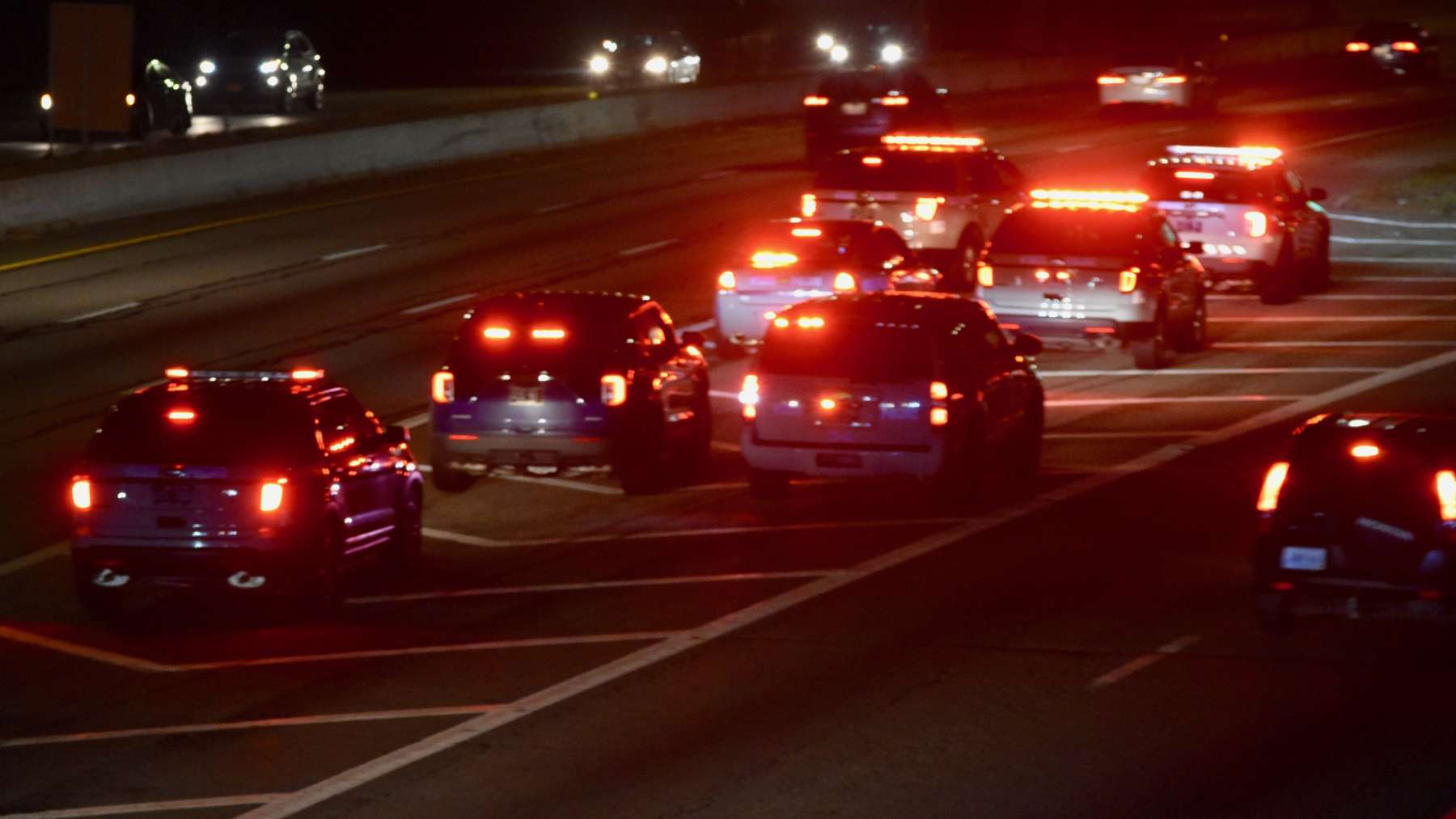Rep Corvese’s highway bill is racist, cruel, anti-constitutional and unnecessary
As a society we are too quick to felonize BIPOC protests. We treat their lives, dreams, ambitions and concerns as disposable. This has to stop.
February 1, 2021, 4:26 pm
By Steve Ahlquist
On Tuesday the House Committee on Judiciary will hear testimony on H5001, the second bill introduced in the Rhode Island House of Representatives this year, which seeks to “criminalize and set mandatory minimum felony sentences for the unlawful interference with traffic upon the federal and state highways of this state.”
The bill was introduced by Representative Arthur Corvese (Democrat, District 55, North Providence) who last year introduced a bill to outlaw masks and protective gear at protests. That bill went nowhere, as Covid shut down all legislative activity at the State House and mask wearing became compulsory statewide and nationally, whether one was engaged in protest or not.
H5001 would impose felonies on a person commiting “the crime of unlawful interference with traffic if he or she intentionally, knowingly, or recklessly:
- Stands, sits, kneels, or otherwise loiters on any federal or state highway under such circumstances that said conduct could reasonably be construed as interfering with the lawful movement of traffic; or
- Stands, sits, kneels, or otherwise loiters on any federal or state highway causing the interruption, obstruction, distraction, or delay of any motorist operating a motor vehicle upon said highway.
Of course, these actions are already illegal: On Indigenous People’s Day protesters were arrested after blocking traffic for just over seven minutes on Route 95 in Providence. Under Corvese’s bill, such actions would be charged not as misdemeanors, but as felonies carrying a one year sentence. The difference between a misdemeanor and a felony conviction can be very significant. A felony conviction can prevent employment, educational and housing opportunities.
A few years ago a group of about 250 protesters described by police as “mostly non-violent” but “certainly out of hand” moved to march on the highway. The intentions of the protesters were unclear, but the leader of the rally spoke like a radical, saying, “We need a revolution!”
Someone with a bullhorn shouted, “No one is seeing us here. Let’s go to 95, and maybe the governor will drive by and see us.”
The police moved in and seven arrests were made. All seven were charged with disorderly conduct. Ultimately the charges were dropped, and all seven were able to go back to their normal lives.
The event I’m writing about happened in 1991, during the RISDIC crisis when thousands of Rhode Islanders were suddenly at risk of losing their life savings when the insurance on their savings turned out to be a bankrupt private institution, not a federally insured government program. The crowd, mostly white and middle class, were justifiably emotional and angry.
The protesters arrested last autumn, and the protesters arrested seven years ago, have a different cause: Racial Justice. They are angry, justifiably, because of the police murders of Black people, or because of the disrespect the annual celebration of Columbus shows to Indigenous people. Today’s protesters are not necessarily white and middle class, they trend younger and have less money. They are diverse people of color.
Shortly after protesters blocked the highway as part of the Ferguson protests in 2015, Senator Leonidas Raptakis (Democrat, District 33, East Greenwich) introduced a bill to make blocking the highway a felony. That bill went nowhere as people rightly stepped up to testify against it.
This year, perhaps in response to 2020’s Black Lives Matter-inspired summer of protest, Representative Corvese has repackaged Senator Raptakis’ legislation. As far as I can tell, no such legislation was introduced after a group of mostly white people attempted to march on the highway in 1991.
I wonder what would have become of the seven people arrested that day in 1991 had they been charged and convicted of a felony for their actions during a protest. Would they have had the lives they did if a felony conviction prevented them from accessing opportunities in education, housing, or employment?
A few years ago, at RIFuture, I spoke to Steven DiPalma, who was one of the people arrested in 1991. He was arrested with his girlfriend at the time. Shortly after his arrest all charges were dismissed. DiPalma and his girlfriend married and are still together. I wonder what a year in prison would have done to their relationship, to their future together, to their lives?
As a society we are too quick to felonize the protests of Black, Indigenous and People of Color. We treat their lives, dreams, ambitions and concerns as disposable. This has to stop.
Blocking the highway during a protest is dangerous, and upsetting to people, and may or may not be the best strategy for attracting attention to a cause, but there are already laws on the books to deal with it. The State Police had no trouble arresting and pressing charges against those who blocked the highway in 2020, 2014 or 1991.
Seeking to felonize protest is cruelty – cruelty that our legislature would be loathe to inflict upon white middle class people, but has no trouble seriously considering when it’s against young people of color.
Uprise RI strongly opposes H5001 on the grounds that it is racist, cruel, anti-constitutional and unnecessary.
The House Committee on Judiciary meets Tuesday, February 2 at 5pm to take up H5001 and several other bills. The Committee is taking public testimony two different ways:
Written testimony should be submitted to [email protected].
For those who would prefer the option of providing verbal testimony, please send an email to [email protected] with the following information:
Bill # you are testifying on.
For/Against
Your Name and Phone number (to be reached for your testimony)
Affiliation: (if any)
Deadline to request verbal testimony is Tuesday, February 2, 2021 at 11am.






